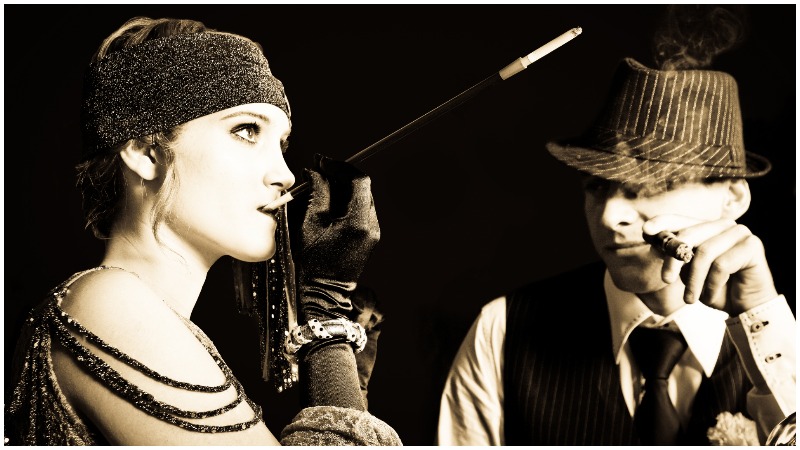Advice columns and the role of the “agony aunt” have been a mainstay of female-oriented media for decades.
However, when it comes to the founding of the whole agony business, the instigators were men and the starting point was centuries ago.
An article on the Independent.ie website identifies one of the formative developments, stating “the earliest officially accepted advice column was published in The Athenian Mercury, founded in London in 1690 by John Dunton. He was having an extra-marital affair and needed to source help anonymously so, showing a spirit of entrepreneurship equal to his libido, set up his own publication.”
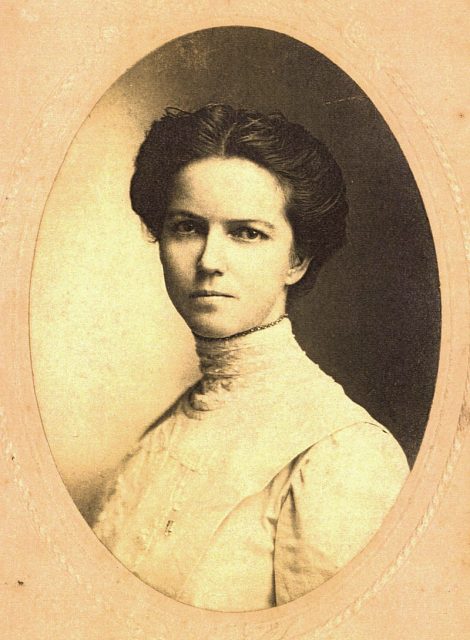
Over time the focus shifted to women wielding the advisor’s pen. Notable examples included Dorothy Dix, an American columnist writing in the early 20th century.
Men still held the balance of power, but as far as Dix was concerned, they needed instructing in matters of masculinity.
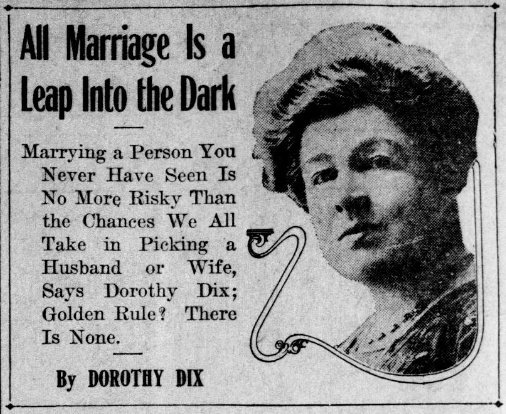
According to ABC News, “Miss Dix pulled no punches in her replies and readers lapped it up.
She told one man he was ‘lazy, shiftless and lacked grit’ after he wrote asking if he should leave his wife and children to take up with a rich 86-year-old widow who was infatuated with him.”
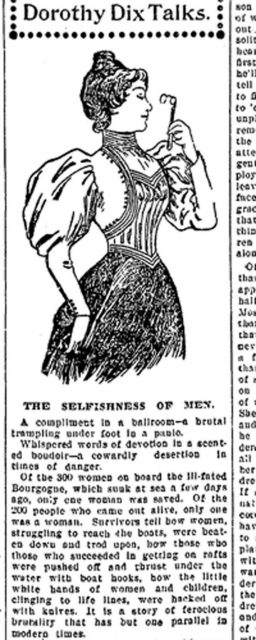
While numerous solution-seekers were given short shrift, there was also sensitivity behind the way men were responded to within those agony inches. This is especially relevant to the interwar years (1918-39), where the male/female dynamic was changing.
A piece for the BBC’s History Extra site mentions that “many of the ‘problems’ published in the pages regarded, or were written by, men.
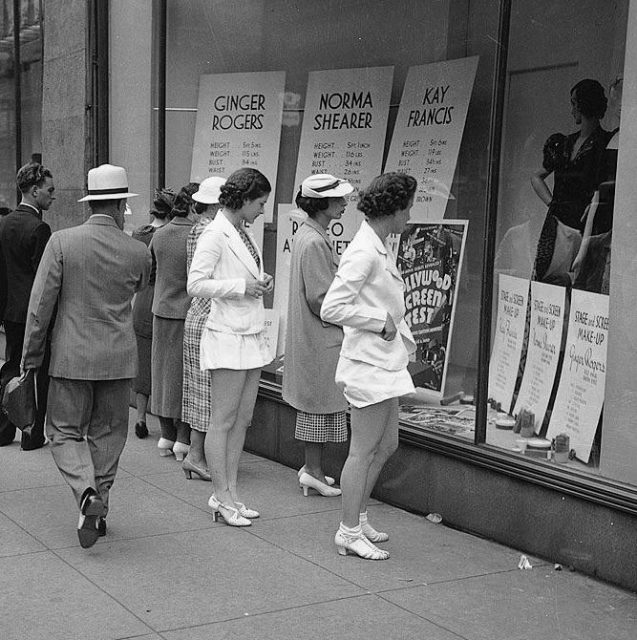
“By answering letters about scruffily dressed boyfriends, male cooking and family relationships, agony aunts instructed men on the correct ways to behave…”
Particular reference is made to “The Human Casebook” written by Ann Temple, and referred to as the first example of an agony aunt column in the British press. It began life in 1936 as part of the Daily Mail. As for Dorothy Dix, her wisdom traveled across the pond, regularly appearing in UK publications such as the Daily Mirror.
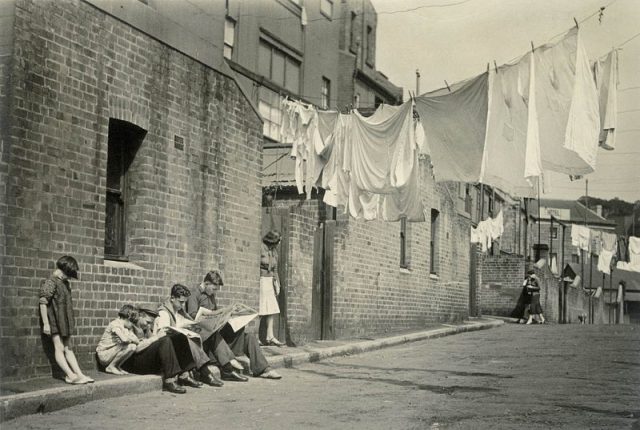
Through the anxious individuals who wrote in and the advice they received from (sometimes) qualified experts, a picture is painted of mens’ concerns and influences during this period.
The key areas focused on were character, dress, financial independence, domestic life, and parenting skills.
Women and girls who wrote in asking for guidance in matters of the heart were directed away from the photogenic: “While young ladies may have been daydreaming of film stars such as Clark Gable or Cary Grant, agony aunts were keen to bring them back down to earth.”
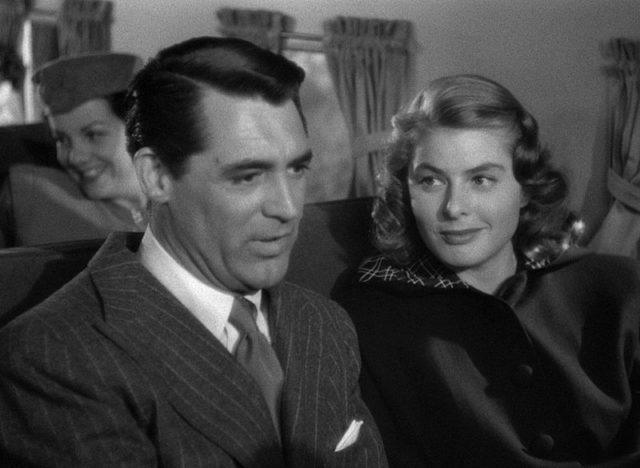
The emphasis was firmly on the measure of a man, not the aesthetic qualities of his smile.
Husbands were traditionally the ones to put food on the table, and a wife was expected to be dependent on their income.
It wasn’t the A-List life, yet having one’s head removed from the clouds was essential for a solid relationship.
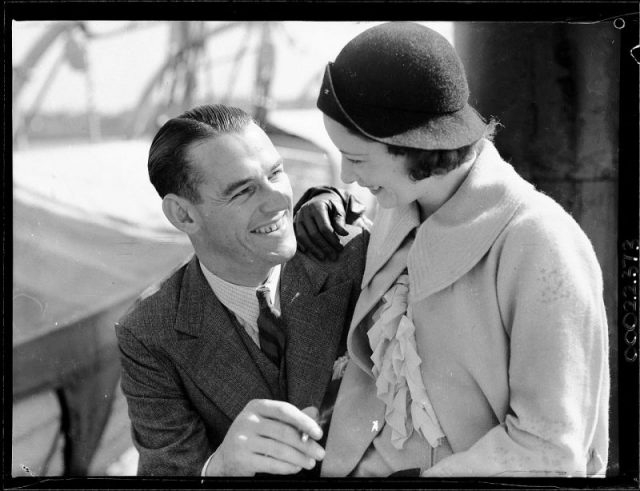
Columnists advised, “that if a woman married for stability rather than romance, although she may be ‘starved emotionally,’ she would ‘at least be sure of her daily beef and potatoes’.” In other words, beef rather than beefcake.
Having said that, a gentlemen’s outward appearance was of the utmost importance. In an age before makeover shows, agony aunts helped men make the right impression. They “deemed dress, grooming and hygiene to be incredibly important.”
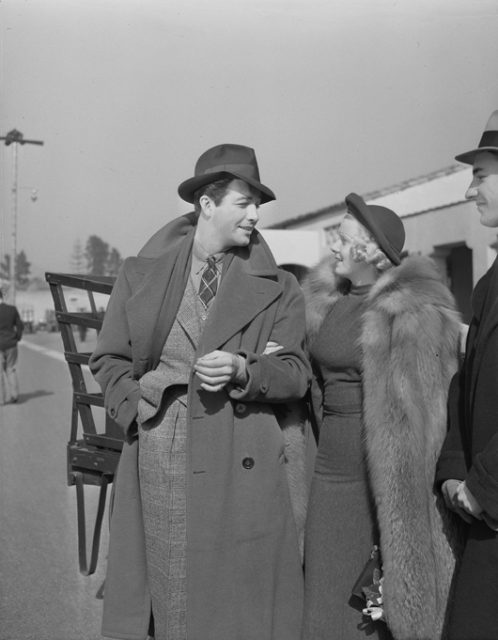
“Clothing was seen as a clear statement of identity – it provided a vehicle through which a man could convey his character to the outside world. The cut of his suit or the way he styled his hair were seen as tell-tale signs of his class, character and even morals…”
Wearing those styles were conflicted individuals with pressing concerns. Reference is made to “a man ‘afraid of the consequences’ of his hair turning white, to one who was ‘terribly hurt’ by girls refusing to dance with him due to his ‘unsightly protruding ears’.”
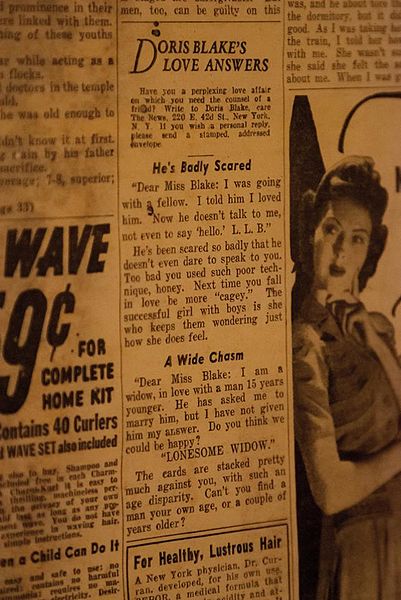
Even if a man was not the best-looking, or modest in income, he could find reassurance in the common sense advice of printed oracles. “It was not necessarily huge wealth that made a man admirable or desirable, but his sensible use of the money that he had… whether he is a waster or a saver.”
The movie star lifestyle was an unachievable goal, but agony aunts weren’t above using them as examples when it came to a man’s role about the house. “Columnists advocated house-proud men as role models, reminding male readers that many famous actors, professionals, and businessmen were ‘prouder of their performances on the gas range than they are of their achievements in art, literature or business’.”
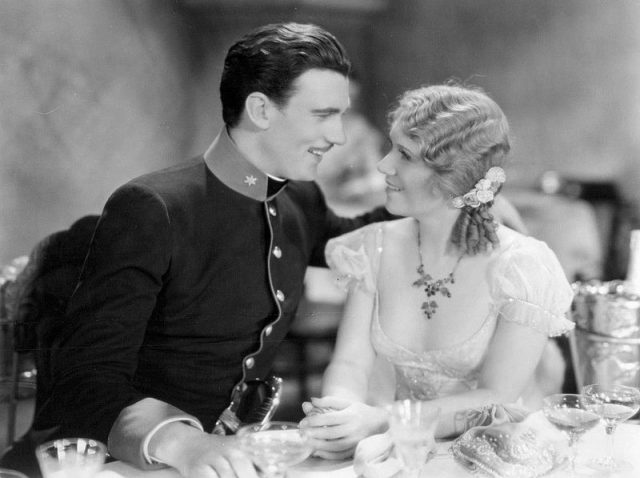
Alongside this opening up of the male psyche came a closer relationship to his children, taking some of the emotional response which before was seen as the mother’s domain.
Still, any progressiveness was limited by the attitudes of the times. Ann Temple “asserted that men’s ‘detached views and robust methods’ proved ‘an excellent check on a woman’s tendency to over detail’ in child-rearing practices. She advised parents to work as a harmonious team and talk childrearing concerns over together.” This ‘one size fits all’ advice only went so far.
Agony aunts provide a glimpse into a society that was free from conflict, yet affected by its aftermath. Ironically it was in the public eye that stoic men sought to resolve their issues, sharing the experience so people could move on and embrace a new era.
